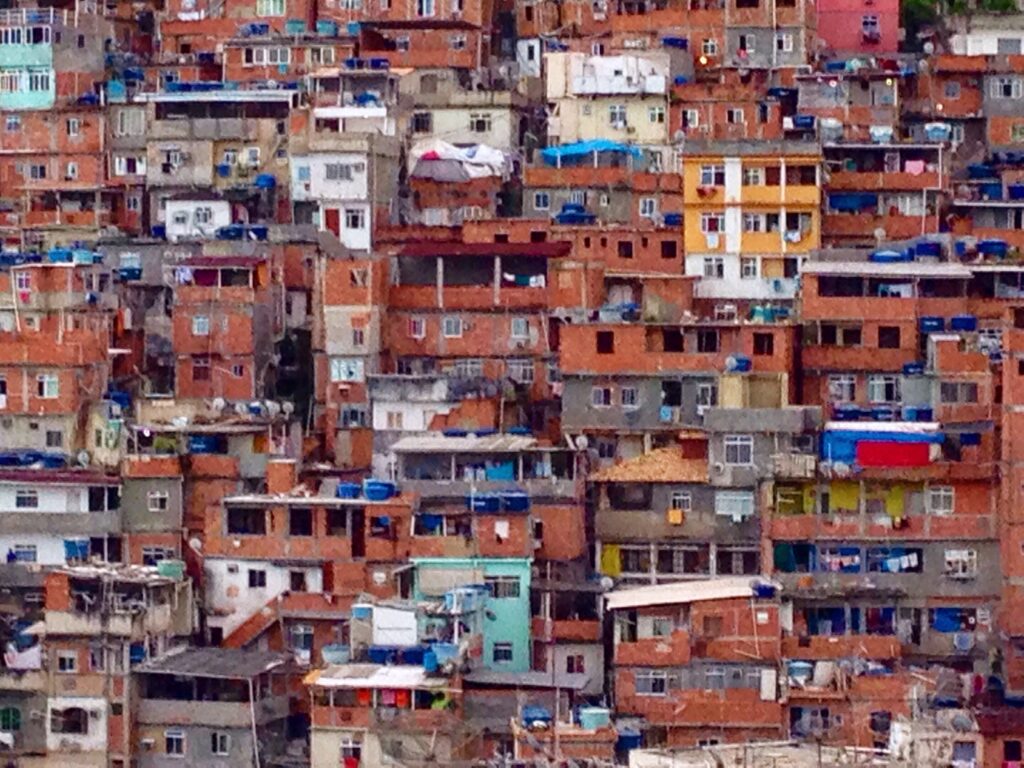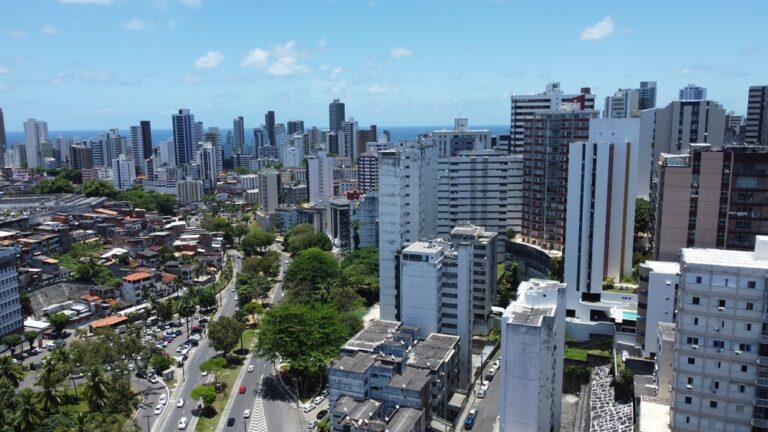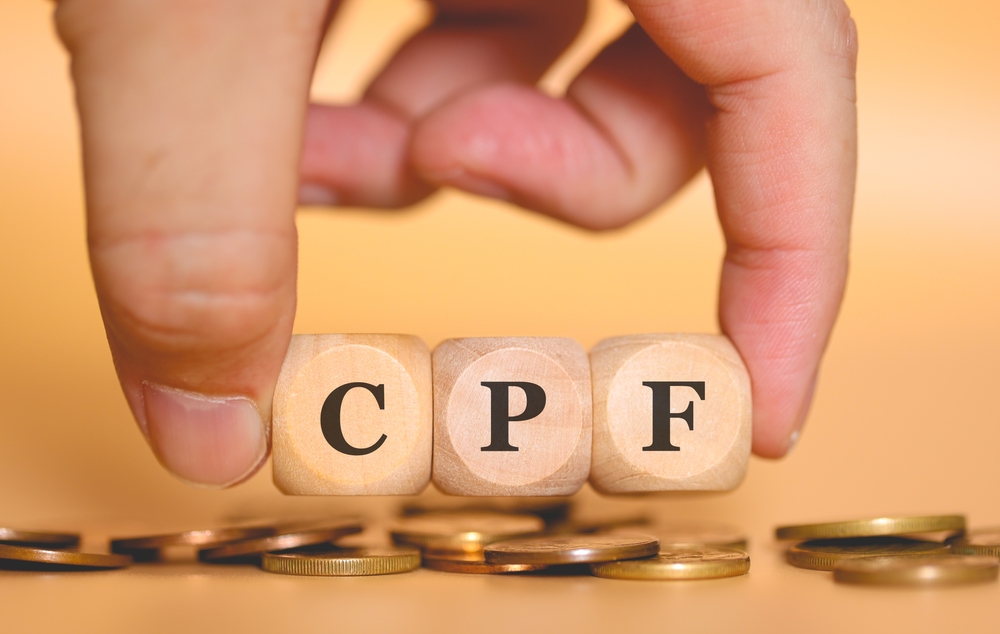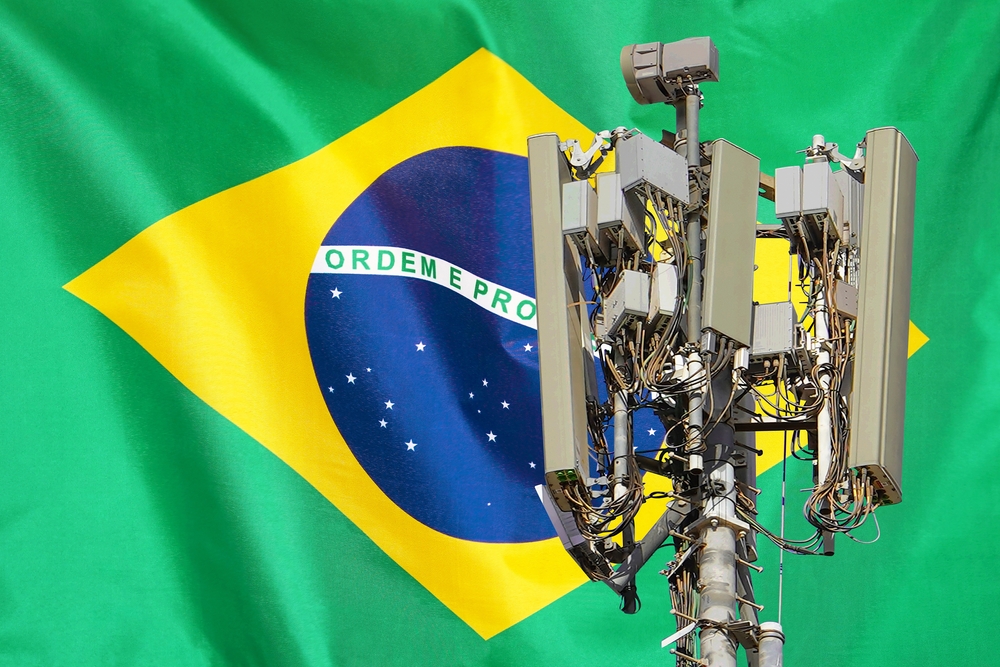Favelas, also known as slums, are densely populated informal settlements that exist on the periphery of many Brazilian cities. These neighborhoods are home to millions of people, many of whom live in poverty and face significant social, economic, and political challenges. Despite these difficulties, favelas have also become centers of cultural and economic innovation, and there are many opportunities to build on these strengths to create more sustainable and equitable communities.
One of the most pressing challenges facing favela residents is access to basic services, such as clean water, sanitation, and electricity. Many favelas lack these basic services, which can lead to health problems and reduce the quality of life for residents. In addition, favelas often have limited access to healthcare, education, and other essential services that are critical for social and economic development.
A significant challenge facing favela residents is poverty. Many people in these communities lack access to formal employment, and those who do work often earn low wages and have limited job security. This can make it difficult to access basic goods and services, such as food, clothing, and shelter, and can also limit opportunities for social and economic mobility.
Favela residents also face significant political challenges. Many favelas are governed by informal power structures, which can be corrupt and ineffective at providing basic services or protecting residents from violence and crime. In addition, favelas often lack representation in formal political structures, such as city councils and national legislatures, which can make it difficult to advocate for their needs and interests.
Despite these challenges, there are many opportunities to improve living conditions and promote community development in favelas. One of the most promising approaches is to support community-led development initiatives that empower residents to take charge of their own destinies. For example, some favela residents have formed cooperatives to provide basic services such as water and electricity, while others have created community gardens and other small-scale economic projects to generate income and improve access to fresh food.
In addition to these grassroots efforts, there are also many innovative public policies and programs that can help improve living conditions in favelas. For example, Brazil’s “Minha Casa, Minha Vida” program has built millions of affordable housing units for low-income families, many of whom live in favelas. The program also provides financing for small-scale economic projects and offers training and support for community-led development initiatives.
Another promising approach is to invest in infrastructure and public services in favelas. This can include improving access to clean water and sanitation, building new schools and healthcare facilities, and expanding public transportation and other critical services. By investing in these basic services, governments can help improve the quality of life for favela residents and promote social and economic development.
The key strategy for promoting community development in favelas is to build social capital and promote civic engagement. This can involve creating forums for community participation in decision-making processes, providing education and training in leadership and civic engagement, and supporting community-based organizations that work to empower residents and promote community development. By building social capital and promoting civic engagement, communities can become more resilient, more innovative, and more effective at addressing their own needs and challenges.
Finally, it is important to recognize the cultural and economic strengths of favela communities and to build on these strengths to promote sustainable development. Favelas are often centers of creativity, innovation, and entrepreneurship, and many residents have developed innovative ways to generate income and create economic opportunities. By supporting these strengths and investing in community-led development initiatives, it is possible to build more sustainable, equitable, and resilient communities in favelas.
In conclusion, favelas in Brazil face many challenges, including poverty, limited access to basic services, and ineffective political structures. However, there are also many opportunities to promote community.
By investing in infrastructure and public services, promoting civic engagement, and supporting community-led development initiatives, it is possible to build more resilient, equitable, and sustainable favela communities.
One example of successful community-led development is the favela of Paraisópolis in São Paulo. Paraisópolis is one of the largest favelas in Brazil, with over 100,000 residents, and has historically faced many challenges, including limited access to basic services and high levels of violence and crime. However, in recent years, community-led initiatives have helped transform Paraisópolis into a more livable and sustainable community.
One such initiative is the Paraisópolis Social, a community-based organization that works to promote social and economic development in the favela. Paraisópolis Social has launched a range of initiatives to improve living conditions in the community, including a program to provide legal support for residents who face eviction and other housing-related issues, a community garden that provides fresh produce to local residents, and a community radio station that serves as a platform for local news and cultural programming.
The successful initiative in Paraisópolis is the “Community Conversation” program, which brings together residents, community leaders, and local government officials to discuss key issues and develop strategies for addressing them. Through this program, residents have been able to voice their concerns and ideas for improving the community, while also working collaboratively with local government officials to develop and implement solutions.
In addition to these community-led initiatives, there have also been significant public policy efforts to improve living conditions in favelas. For example, the federal government’s “Minha Casa, Minha Vida” program has provided millions of affordable housing units for low-income families, many of whom live in favelas. The program also provides financing for small-scale economic projects and offers training and support for community-led development initiatives.
However, there is still much work to be done to promote sustainable development in favelas. One key challenge is the need to address the underlying economic and social inequalities that create and perpetuate poverty in these communities. This will require investments in education, healthcare, and other essential services, as well as efforts to create formal employment opportunities and support small-scale entrepreneurship.
Another challenge is the need to address the root causes of violence and crime in favelas. This will require a multifaceted approach that includes investments in community policing and crime prevention, as well as efforts to address underlying economic and social inequalities that can contribute to violence and crime.
Finally, it is important to recognize that sustainable development in favelas requires a long-term commitment and a collaborative, community-led approach. Success in this endeavor will require the involvement and support of residents, community leaders, government officials, and other stakeholders, all working together to create more livable, equitable, and sustainable communities.
In conclusion, favelas in Brazil face significant challenges, including poverty, limited access to basic services, and ineffective political structures. However, there are also many opportunities to promote community-led development and improve living conditions in these communities. By investing in infrastructure and public services, promoting civic engagement, and supporting community-led development initiatives, it is possible to build more resilient, equitable, and sustainable favela communities.












2 Responses